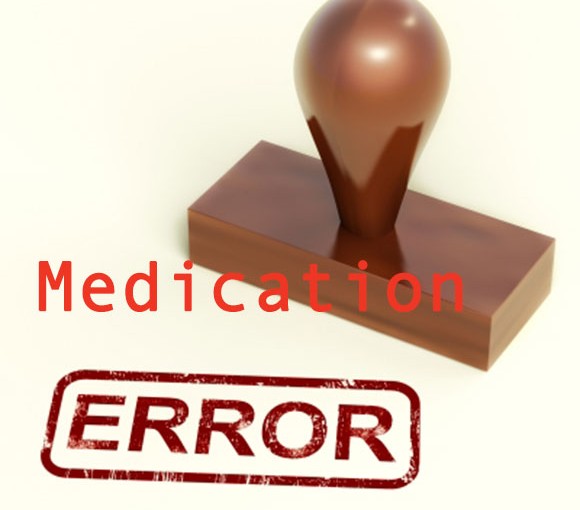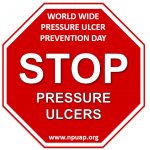
Cranky Old ManWhat do you see nurses? . . .. . .What do you see?What are you thinking .. . when you’re looking at me?A cranky old man, . . . . . .not very wise,Uncertain of habit .. . . . . . . .. with faraway eyes?Who dribbles his food .. . … . . and makes no reply.When you say in a loud voice . .’I do wish you’d try!’Who seems not to notice . . .the things that you do.And forever is losing . . . . . .. . . A sock or shoe?Who, resisting or not . . . … lets you do as you will,With bathing and feeding . . . .The long day to fill?Is that what you’re thinking?. .Is that what you see?Then open your eyes, nurse .you’re not looking at me.I’ll tell you who I am . . . . .. As I sit here so still,As I do at your bidding, .. . . . as I eat at your will.I’m a small child of Ten . .with a father and mother,Brothers and sisters .. . . .. . who love one anotherA young boy of Sixteen . . . .. with wings on his feetDreaming that soon now . . .. . . a lover he’ll meet.A groom soon at Twenty . . . ..my heart gives a leap.Remembering, the vows .. .. .that I promised to keep.At Twenty-Five, now . . . . .I have young of my own.Who need me to guide . . . And a secure happy home.A man of Thirty . .. . . . . My young now grown fast,Bound to each other . . .. With ties that should last.At Forty, my young sons .. .have grown and are gone,But my woman is beside me . . to see I don’t mourn.At Fifty, once more, .. …Babies play ’round my knee,Again, we know children . . . . My loved one and me.Dark days are upon me . . . . My wife is now dead.I look at the future … . . . . I shudder with dread.For my young are all rearing .. . . young of their own.And I think of the years . . . And the love that I’ve known.I’m now an old man . . . . . . .. and nature is cruel.It’s jest to make old age . . . . . . . look like a fool.The body, it crumbles .. .. . grace and vigour, depart.There is now a stone . . . where I once had a heart.But inside this old carcass . A young man still dwells,And now and again . . . . . my battered heart swellsI remember the joys . . . . .. . I remember the pain.And I’m loving and living . . . . . . . life over again.I think of the years, all too few . . .. gone too fast.And accept the stark fact . . . that nothing can last.So open your eyes, people .. . . . .. . . open and see.Not a cranky old man .Look closer . . . . see .. .. . .. …. . ME!!







